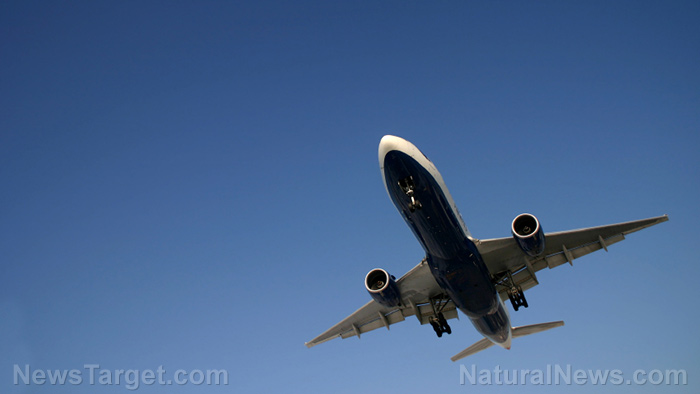
The Feb. 28 advisory stated: "Do not travel to Russia due to the unprovoked and unjustified attack by Russian military forces in Ukraine, the potential for harassment against U.S. citizens by Russian government security officials, the embassy’s limited ability to assist U.S. citizens in Russia, COVID-19 and related entry restrictions, terrorism, limited flights into and out of Russia, and the arbitrary enforcement of local law."
This followed a Feb. 24 alert for American travelers to skip Ukraine, as well as Belarus and Moldova. Americans in Russia, on the other hand, are told to immediately take outbound flights.
International travel affected in 2022
This year was predicted to be very good for domestic and international travel, with forecasters saying people are ready to go out and see the world after the pandemic halted plans in 2020. With spring and summer just around the corner, Russia's invasion of Ukraine altered these plans drastically, with the attacks affecting everything from the stock market to gas prices. (Related: Ukraine failed to prep, now having to ration gasoline as citizens desperately try to flee Kiev.)
At a time when prices are already skyrocketing, air travelers will see steeper ticket prices to compensate for the higher jet fuel prices.
When the conflict broke out on Feb. 24, U.S. crude was at $92.81 per barrel after touching the $100-mark earlier in the day. However, as fighting continued, prices also continued to surge higher, moving towards the mid-to-upper $90s for the West Texas Intermediate crude for April delivery. Meanwhile, the May Brent crude delivery was up to $98.
Airlines hedge fuel prices and commit to buying a certain amount in the future at a predetermined price, so any rise in costs won't affect the passengers immediately. However, fuel prices are only going higher. The price of jet fuel was more than $107 per barrel in the last week of February, according to the International Air Transport Association. This is a nearly four percent increase from the previous month and nearly 57 percent from the previous year. By February 25, the jet fuel prices increased to an astounding $111.13 per barrel.
Scott Keyes, the founder of Scott's Cheap Flights, said higher oil prices if sustained will inevitably affect ticket costs. (Related: Reporter on the ground in Ukraine says "this could boil over into WWIII.")
Jet fuel, which is derived from crude oil and fuel, is the second-largest operating expense for airlines, following labor. With fuel being such a major expense, higher oil prices would also translate into higher ticket prices, and carriers would have "no choice" but to pass on some of the costs.
While it is too early to figure out how the Russian invasion could increase the price of jet fuel and when those prices could affect consumers, the conflict already came at a time when jet fuel prices historically increase to meet demand from May to mid-September.
Passengers going to Asia and the Middle East may also have to travel longer as planes are avoiding the Russian airspace. Longer routes also require more fuel and labor costs, which could increase ticket prices further.
Ukraine already closed off its airspace for civilian flights, while Russia closed some portions of theirs, as well. An increasing number of airlines are also canceling their flights into and out of Russia, while many other countries have closed their airspace to Russian airlines.
The European Union Aviation Safety Agency said the presence and possible use of a wide range of ground and airborne warfare systems poses a high risk for civilian flights operating at all altitudes and flight levels. Airlines were also warned not to fly over Ukraine, Belarus or Russia within 100 nautical miles of Ukraine's borders to avoid the risks of international targeting and misidentification of civil aircraft.
More related stories:
Russia recognizes breakaway republics of Ukraine as U.S. tries to exploit the region for global war.
Watch the video below to know how air travel has become like a Russian Roulette.
This video is from the Truth or Consequences channel on Brighteon.com.
Follow WWIII.news for more updates.
Sources include:
Please contact us for more information.























